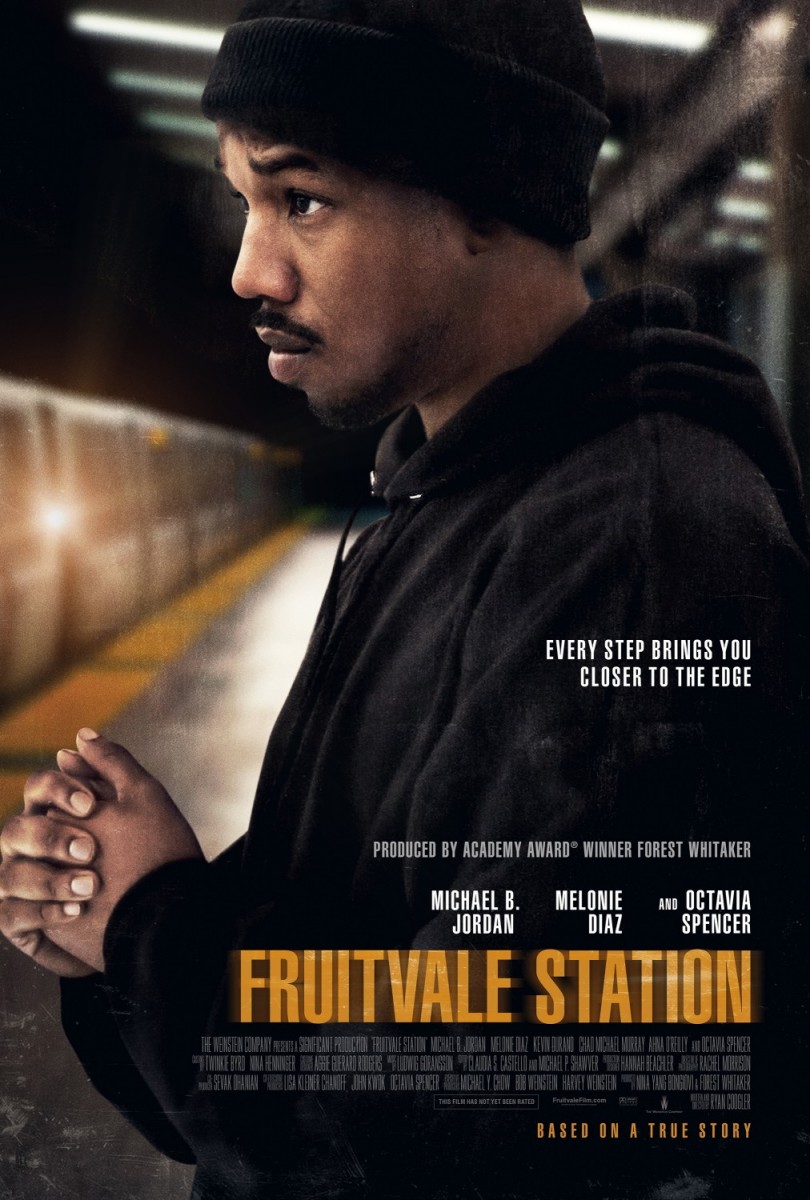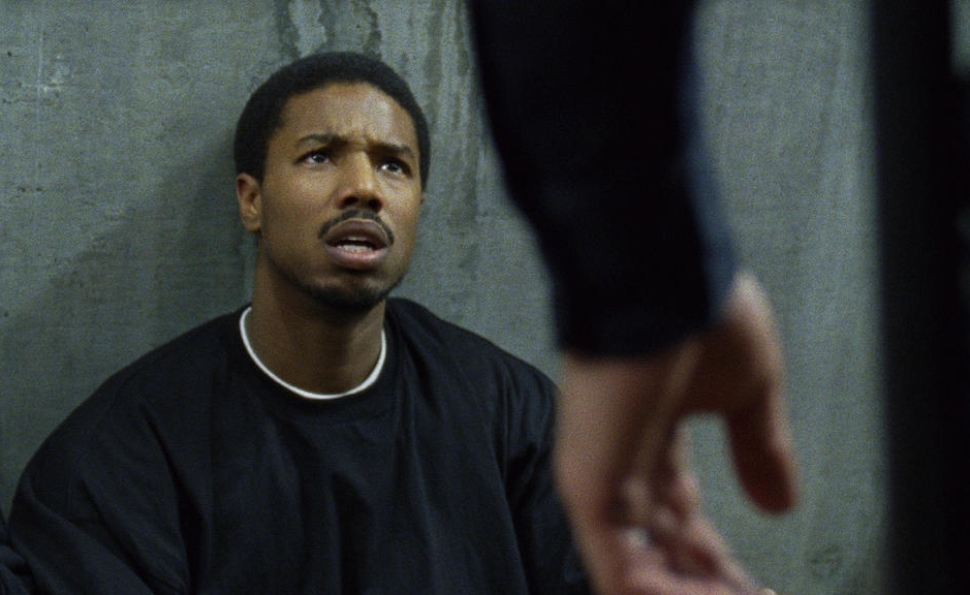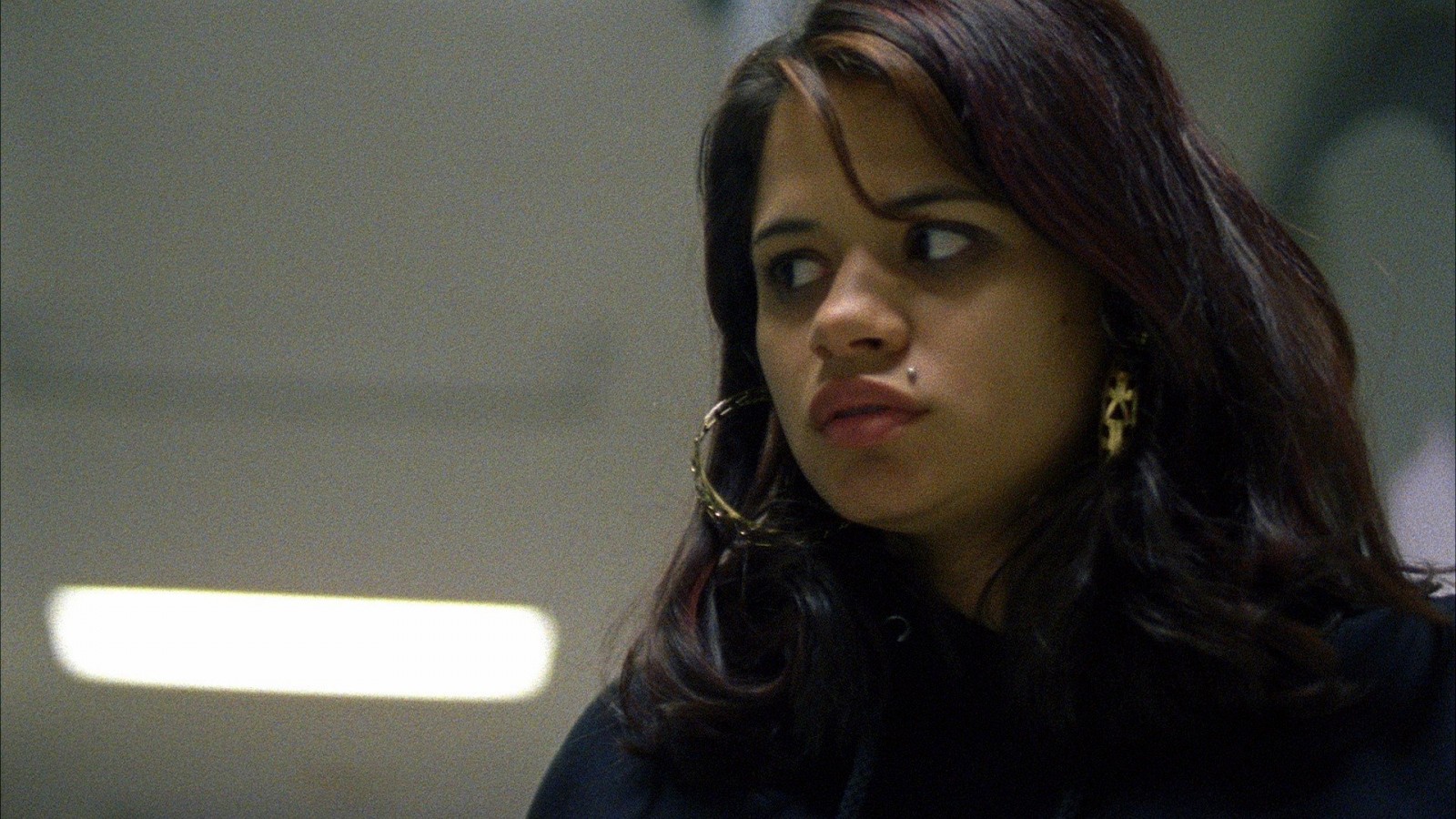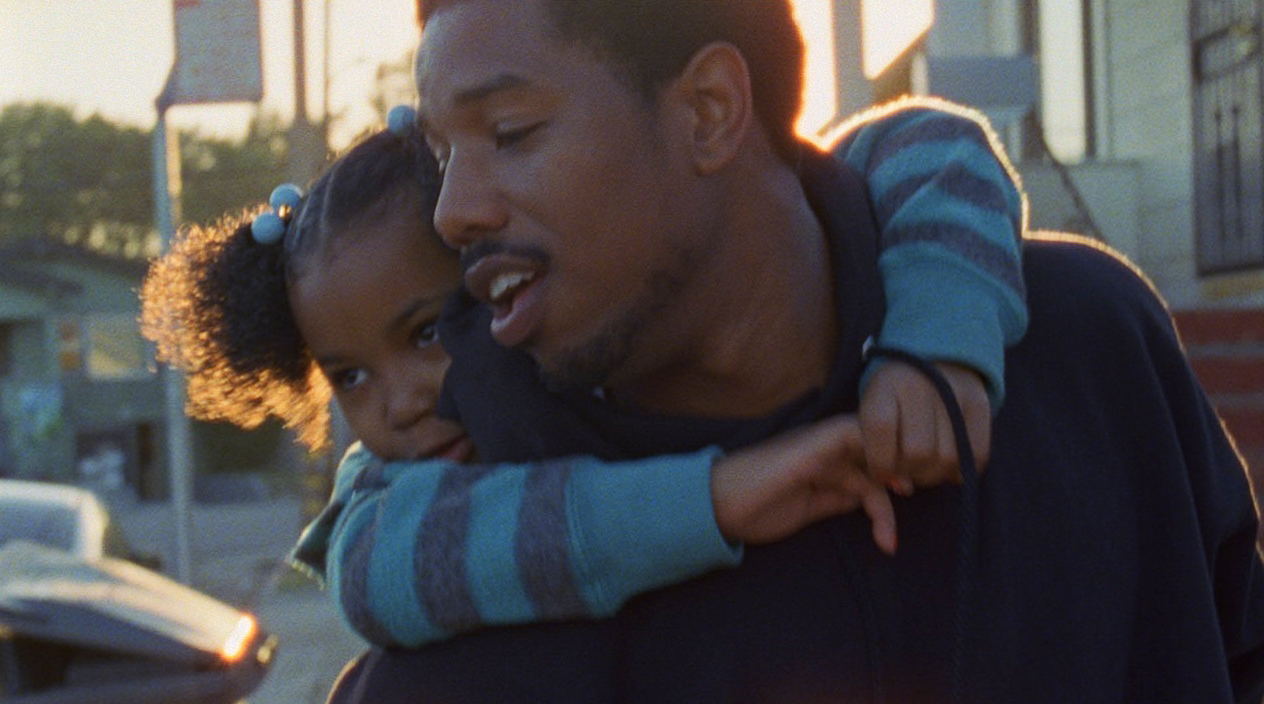The opening scene of Fruitvale Station is arguably one of the most powerful in modern cinema, as live footage of BART police officers' brutality and murder of 22-year-old Oscar Grant sets the stage for the next 90 minutes of emotionally charged viewing.
What happened on January 1, 2009, in the early morning hours at Fruitvale Station along the Bay Area Rapid Transit (BART) lines should enrage, sadden and be a call for action. The film, which shows what the struggle of being black in modern America looks like, is the latest entry in a growing list of films that may help spark a revived civil rights movement so desperately overdue in America.
My first thought as I left the cinema was that the officer who murdered Grant could walk into the theater and watch the film a free man. Justice for Oscar Grant did not come. Officer Johannes Mehserle was given a two-year sentence for “involuntary manslaughter” and served 11 months in prison for his killing of an unarmed 22-year-old in front of dozens of BART passengers, many of whom filmed the murder on their phones.
As actor Michael B. Jordan – who portrays Grant during his final day alive – said in a recent interview published by The Weinstein Company, the film attempts to show the truth about what happened that night. It includes the flaws in Grant’s own life, and his struggle to find himself, as he heads to his unexpected murder at the hands of police. Jordan succeeds where many actors could have failed: convincing in his humanity, he portrays a man symbolic of the downfall of America's racial justice system.
I stood outside the theater afterwards talking with a young black man who had just seen the film, and his eyes looked like the rest of ours: tinted red with marks of tears. For him, the film hit even closer to home: he had ridden the BART that day and passed Fruitvale Station only minutes before the killing, he said.“It could have been me. It could have been any of us,” the man told me. It seemed ironic that Fruitvale Station saw its nationwide release almost on the exact day that George Zimmerman was acquitted of murdering another young black man, Trayvon Martin, in Florida.
Grant’s story, much like Martin's, is one of failed hope. Few believe any longer in the illusion that America is improving its race relations. With the rise of ultra-conservative politicians and pundits in recent decades, the fate of the African American community continues to move downward, spiraling into violence that is perpetrated more often by those supposedly tasked to “protect and serve.”
The film should be required viewing for all Americans, black, white, Asian, Latino and others. This is not a “black film” despite the trailers that attempt to paint an almost racist image of America. This is a film that is a testament to the failure of an American society that hides from the truth: the reality that our law enforcement, our justice system and our media portray and attack minorities, simply because they are minorities, on a regular basis.
I have heard white people say that police violence “doesn’t happen that often” or that “this is a sad incident, but not what really goes on.” Tell that to the millions of black youth who continue to face unwarranted arrest, police brutality and who live in a state of daily fear because of the color of their skin.
What Ryan Kuegler has achieved in writing and directing Fruitvale Station is as much a warning about the state of affairs in this country as it is a call for change and hope. The film tells us that once again, the call for movement – of the feet and of the mouth – are needed to create the changes that will see our country move forward on the path of racial reconciliation. If we do not, more Trayvon Martins and more Oscar Grants will face their untimely deaths.
To pull a line from the Egyptian uprising, and the past two and a half years of the Egyptian struggle: “We are all Oscar Grant.”
3 WAYS TO SHOW YOUR SUPPORT
- Log in to post comments















